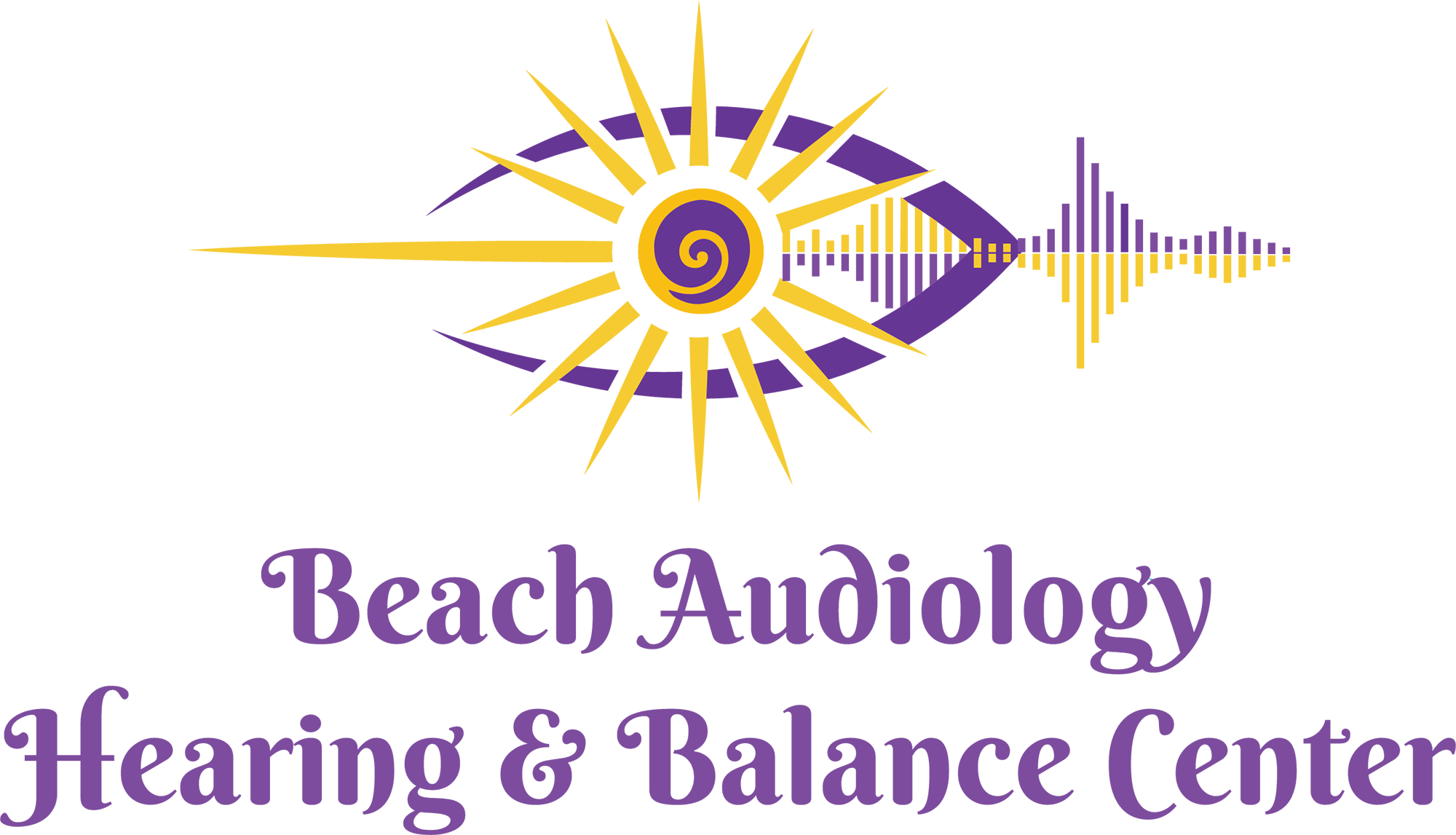A faint ringing, buzzing, or whooshing sound that never fades can turn even the quietest moments into a challenge. Tinnitus is more than just an annoyance, it can disrupt sleep, concentration, and emotional well-being. While there is no universal cure, finding the right strategies to manage symptoms can bring relief and improve daily life.
Tinnitus is the perception of sound without an external source. Some people experience it as a high-pitched ringing, while others hear clicking, humming, or even a pulsing noise. The condition varies from mild to severe and often affects focus and sleep quality.
Chronic tinnitus can lead to frustration, anxiety, and stress. Many individuals with hearing loss also experience tinnitus, making it important to address both conditions together. Finding ways to manage symptoms is key to maintaining a good quality of life.
Stress Reduction and Relaxation Techniques
Stress and anxiety can make tinnitus feel louder. Deep breathing, meditation, or progressive muscle relaxation help calm the nervous system. Simple exercises, such as slow, controlled breathing, reduce overall tension and lessen the impact of ringing in the ears.
Engaging in enjoyable activities also plays a role in stress management. Walking, reading, or spending time with loved ones shifts focus away from tinnitus. Prioritizing relaxation creates a sense of control over symptoms.
Improving Sleep Quality
Tinnitus can be especially bothersome at night when the world becomes quiet. Establishing a consistent bedtime routine improves relaxation and makes falling asleep easier. Avoiding caffeine and screen time before bed also supports better rest. Creating a cool, dark, and comfortable sleep environment minimizes disturbances. Finding the right nighttime strategy reduces the frustration of lying awake with persistent ringing.
Managing Hearing Loss Alongside Tinnitus
Many individuals with tinnitus also have hearing loss, making proper hearing care essential. Hearing aids amplify external sounds, reducing the contrast between tinnitus and background noise.
Regular hearing health exams help determine the best treatment options. Addressing hearing loss early prevents further strain on the auditory system. Seeking professional guidance ensures that both hearing and tinnitus are managed effectively.
Exploring Professional Treatment Options
Professional treatment options can offer additional support for those with persistent or severe tinnitus. Cognitive behavioral therapy (CBT) helps reframe negative thoughts about tinnitus and reduces emotional distress.
Living with tinnitus can feel isolating, but connecting with others who share similar experiences can be reassuring. Online forums, support groups, and counseling services provide emotional support and coping strategies. Learning from others can offer new perspectives and practical tips for daily management.
Family and friends also play a key role in providing encouragement. Open communication about tinnitus helps loved ones understand its impact and offer support. A strong network of understanding individuals makes managing tinnitus easier.

